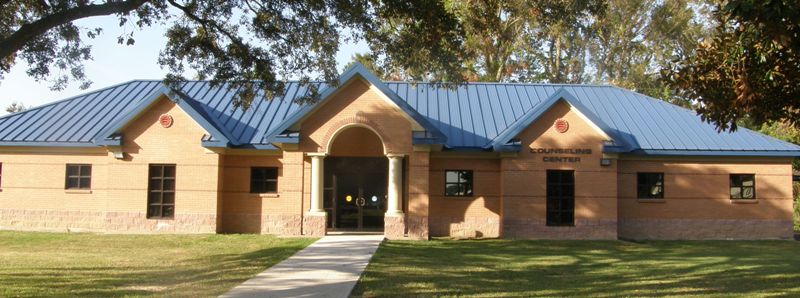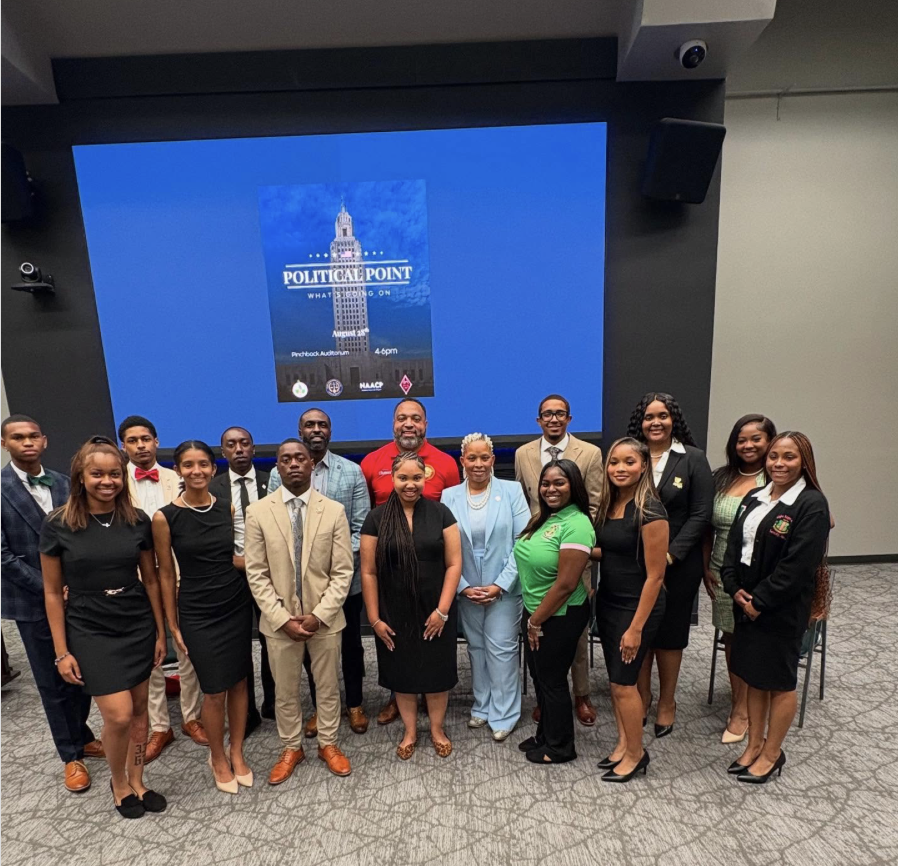The people of Texas are informed that in accordance with a Proclamation from the Executive of the United States, all slaves are free. This involves an absolute equality of rights and rights of property between former masters and slaves, and the connection heretofore existing between them becomes that between employer and free laborer.
On June 19, 1865 those words brought forth a new era in American history, an era where it became illegal to keep and maintain a slave population.
Although this proclamation was issued more than two years after Abraham Lincoln’s Emancipation Proclamation, which freed the slaves effective January 1, 1863, it is June 19, known by many as Juneteenth, that is celebrated as the day the slaves were freed.
Reactions to this proclamation, which spread rapidly through the South, was met with both negative and positive responses. Those who had been enslaved for the majority of their lives felt they were now alone in the world, with no support, while others felt that African-Americans could finally be seen as equals according to Juneteenth, a novel by Ralph Ellison.
Juneteenth is quite possibly the oldest know celebration of the ending of slavery. The observance of the holiday has spread from Galveston, Texas where freedom was first proclaim, across the South and beyond. The date reminds African-Americans of the struggles that their ancestors had to endure.
“Juneteenth is a day I willingly celebrate every year because it means so much to my history,” said Erika Johnson, a senior computer science major from Zachary. “I only wished other felt the same way … we should place more emphasis on the Juneteenth, our day of freedom, than we do on the Fourth.”
Throughout the decades, the celebrating of Juneteenth has fluctuated with the beliefs of the times.
Economic and societal shifts in the early 1900s caused a large decline in the celebration of Juneteenth.
“In the 1930s we were not encouraged to celebrate Juneteenth, because the history taught that the slaves were freed on January 1,” said Sam Williams, a 78-year old native of Bastrop, La.
The Civil Rights movement of the 50’s and 60’s yielded both positive and negative results for the Juneteenth celebrations. This was evidenced by student demonstrators involved in the Atlanta civil rights campaign in the early 1960’s, whom wore Juneteenth freedom buttons. In 1968, the Poor Peoples March to Washington D.C., made a strong impact on the increase in the celebration of Juneteenth. Rev. Ralph Abernathy’s call for people all races, creeds, economic levels and professions to come to Washington to show support for the poor.
While many African-Americans view Juneteenth as day of celebration, others feel it is just another day.
“I was taught that Lincoln did not free the slaves in the South only in the North where he had control,” said Rachel King, a sophomore from Sacramento, Calif., majoring in nursing.
Various communities around the Baton Rouge celebrated the holiday with parades, festivals and religious gatherings. Southern University sponsored a program, which was met with little support.
“I was at the union at around noon and there was a group on stage performing but no-one was there watching them,” said Nicole Williams, a junior political science major from Houston. “It was disappointing that no-one came out to celebrate our day of freedom, not even the people giving the program.”
“Even though I do not personally celebrate the occasion, I thought this being an historically black university there would have been a bigger deal made out the day,” said King.
Categories:
Juneteenth:Celebration of a New Beginning
June 28, 2002
0
More to Discover





